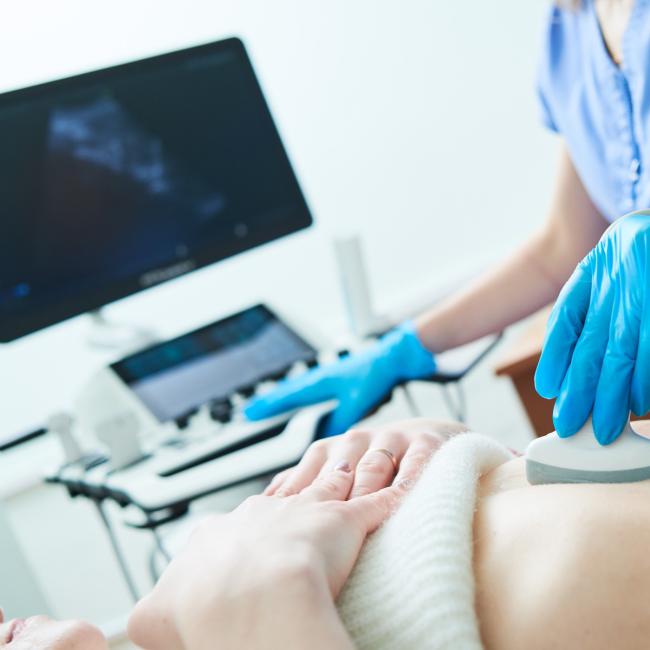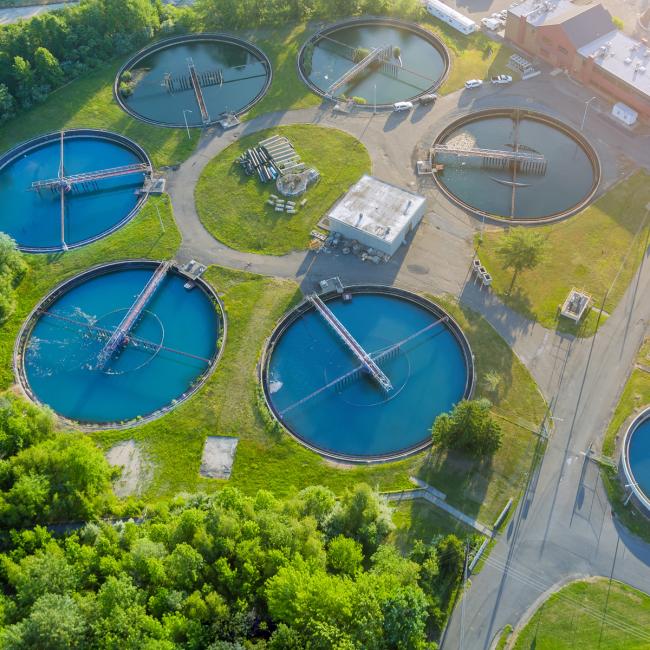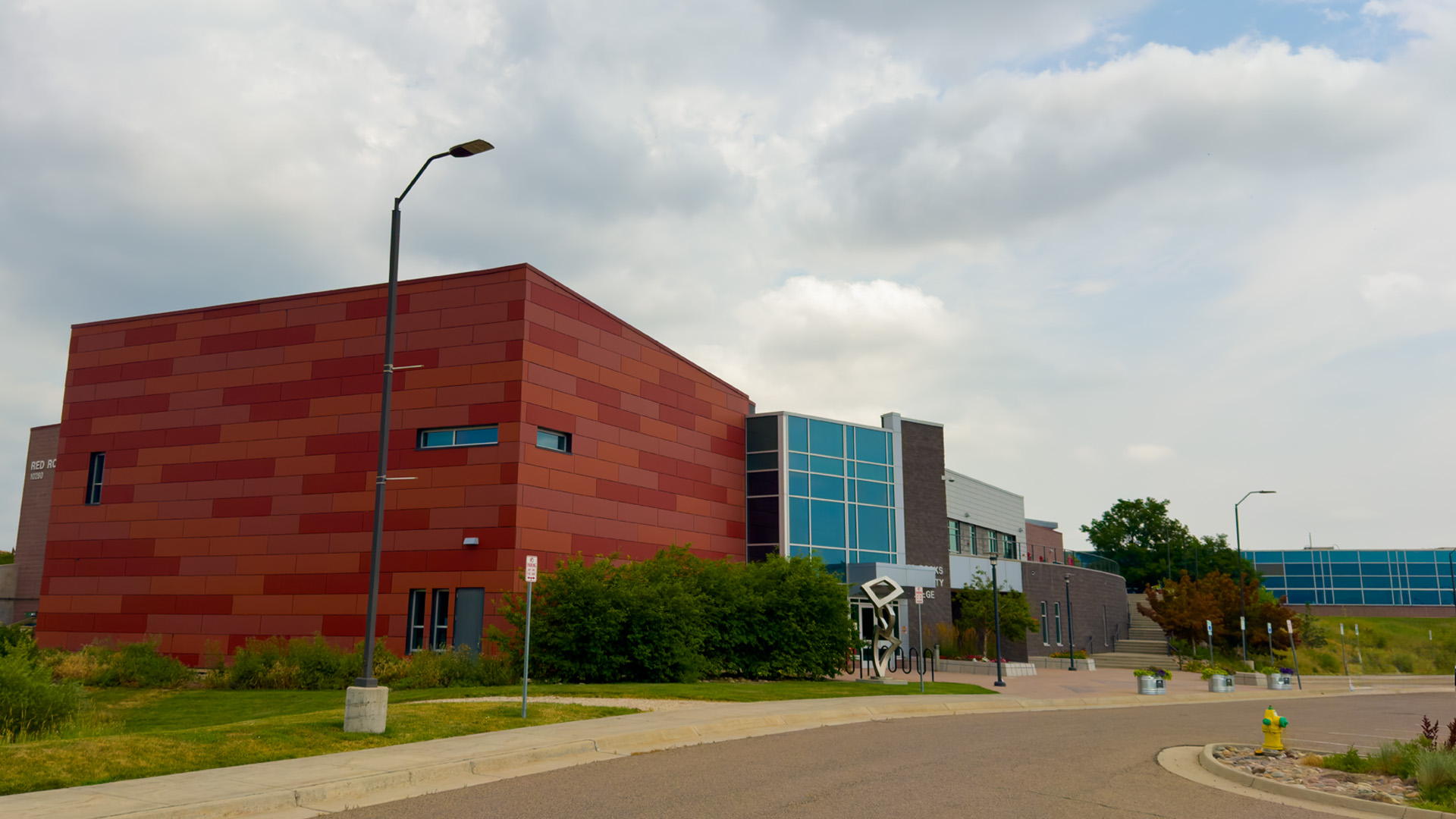These career-focused programs in high-demand fields prepare students to excel in the workforce through practical, hands-on coursework and experiences. Best of all, students can earn these flexible, affordable bachelor’s degrees right at RRCC.
Students build upon the technical knowledge gained in one of five qualifying Associate of Applied Science degrees: Accounting Paraprofessional, Accounting Technician, Business – Interdisciplinary, Business Administration, and Business – Real Estate. These associate degrees stack into the bachelor’s degree, allowing students to apply to the BAS during the final semester of the AAS. Upon completion of the AAS, students can finish 60 upper-division credits to earn the BAS.

In today’s connected world, demand is high for professionals who can manage security environments, minimize risks, and mitigate cyber threats. Students learn the tools and techniques to implement security solutions across many platforms, including network infrastructures, operating systems, web applications, cloud environments, mobile devices, and enterprise systems. The AAS in Cybersecurity stacks into the BAS program, so students can earn the AAS first, then continue their education and finish the remaining 60 upper-division credits to earn the BAS.

Students learn imaging techniques and gain hands-on experience using ultrasound equipment to perform diagnostic exams of soft structures such as abdominal organs, the female reproductive system, fetuses, thyroids, breasts, and musculoskeletal structures. To be eligible for this program, students must have a two-year allied health degree or a four-year bachelor’s degree. This five-semester program includes a full-time clinical internship at a healthcare facility. Graduates are eligible to take the American Registry of Diagnostic Medical Sonographers (ARDMS) Sonographic Principles & Instrument Implementation exam and can pursue the Registered Diagnostic Medical Sonographer credential (with Abdomen and/or Obstetrics/Gynecology specialty) and the Registered Vascular Technologist credential.

Students learn to design, develop, and test secure software applications; conduct software penetration testing; and provide recommendations to reduce computer security risks. Graduates pursue roles in areas such as secure software development, application security engineering, and cloud security engineering, identifying and developing software solutions to minimize the threat of attacks and protect organizations’ privacy. The AAS in Secure Software Development stacks into the BAS program, so students can earn the AAS first, then finish the remaining 60 upper-division credits to earn the BAS.

Students gain the skills to advance their understanding of water conservation, environmental compliance, water treatment processes, and various types of water and distribution systems. Graduates are prepared to begin careers in the public and private sectors, working for city and county public works departments, water/wastewater treatment facilities, environmental protection agencies, water districts and municipal utility companies, environmental firms, and other employers.

